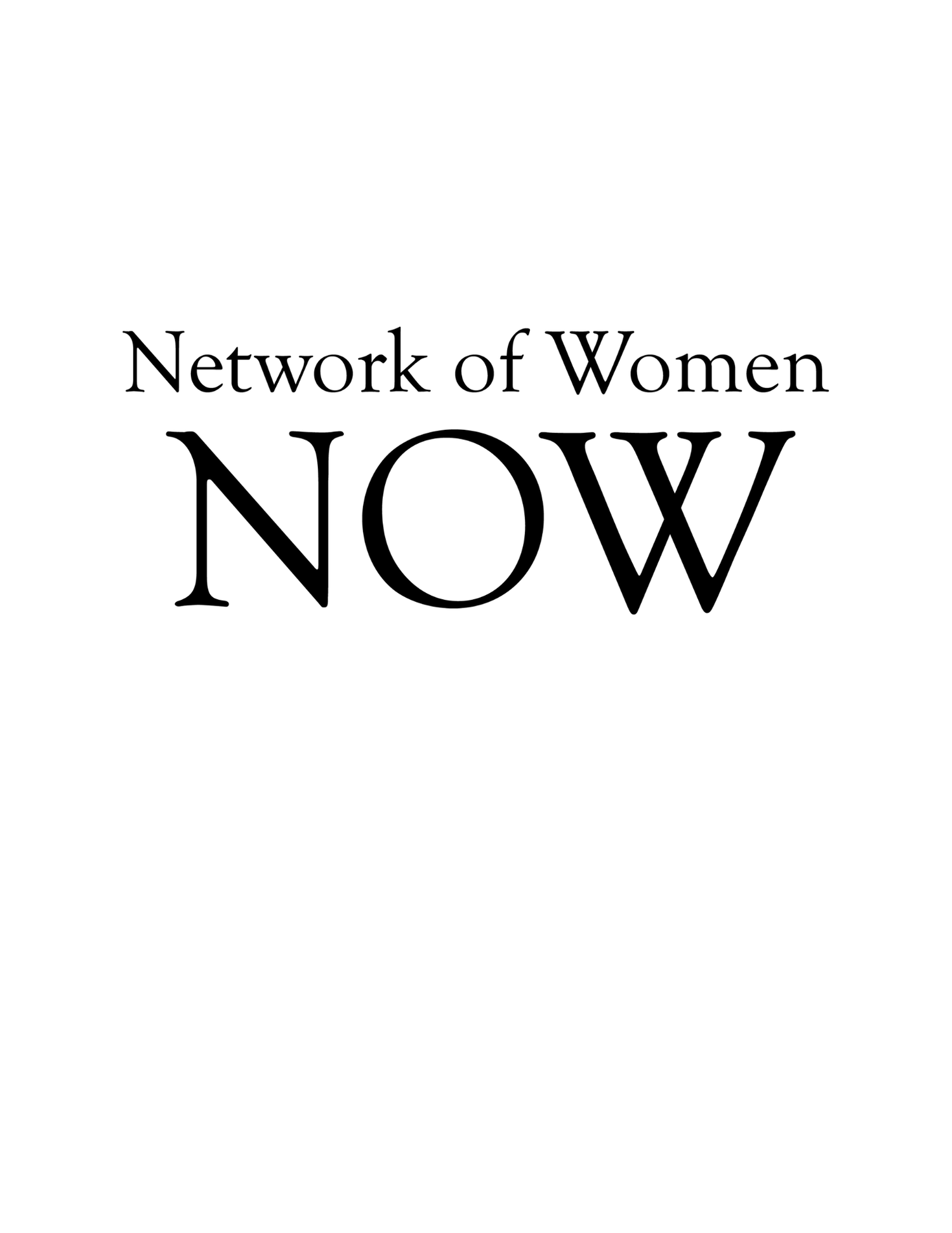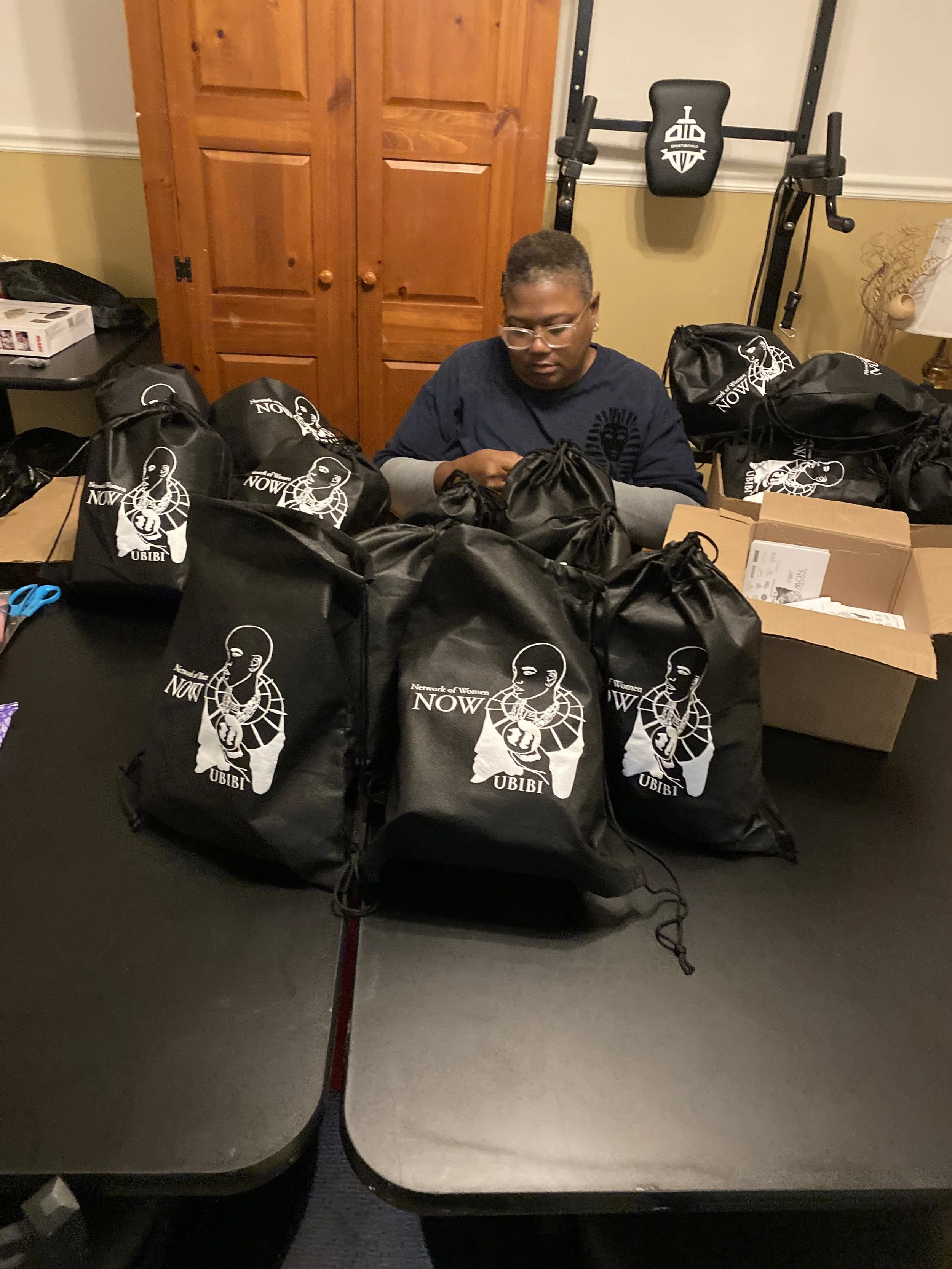Introducing our All-in-One Hygiene and Life Skills Package:
Unlock a world of knowledge and empowerment with our comprehensive package, encompassing all four transformative classes tailored for
girls aged 10-18. This exclusive bundle offers:
Introduction to Hygiene and Health
Menstrual Hygiene Management
Sustainable Hygiene Practices
Leadership and Life Skills
With this package, students gain a holistic understanding of hygiene, health, and essential life skills, empowering them to thrive in both personal and academic spheres. Don't miss this opportunity to equip your students with the tools they need for a brighter future!
The Louisiana Menstrual Equity Forum
The LA Menstrual Equity Forum was an inspiring gathering dedicated to addressing the pervasive issue of menstrual equity. Through thought-provoking panel discussions, attendees explored the multifaceted challenges and innovative solutions surrounding menstrual health and hygiene. Experts and advocates shared insights on combating period poverty, promoting education, and advocating for policy reform to ensure equitable access to menstrual products and resources.
Networking sessions provided valuable opportunities for attendees to connect with nonprofit organizations, fostering collaborations and partnerships aimed at amplifying impact and driving tangible change. From grassroots initiatives to legislative advocacy, the forum exemplified the power of collective action in advancing menstrual equity.
As we reflect on the event, we're reminded of the importance of continued dialogue, advocacy, and community engagement in tackling this critical issue. Together, we're breaking down barriers, challenging stigma, and working towards a future where menstruation is no longer a barrier to education, health, or dignity. Join us in our ongoing efforts to create a more equitable world for all individuals.
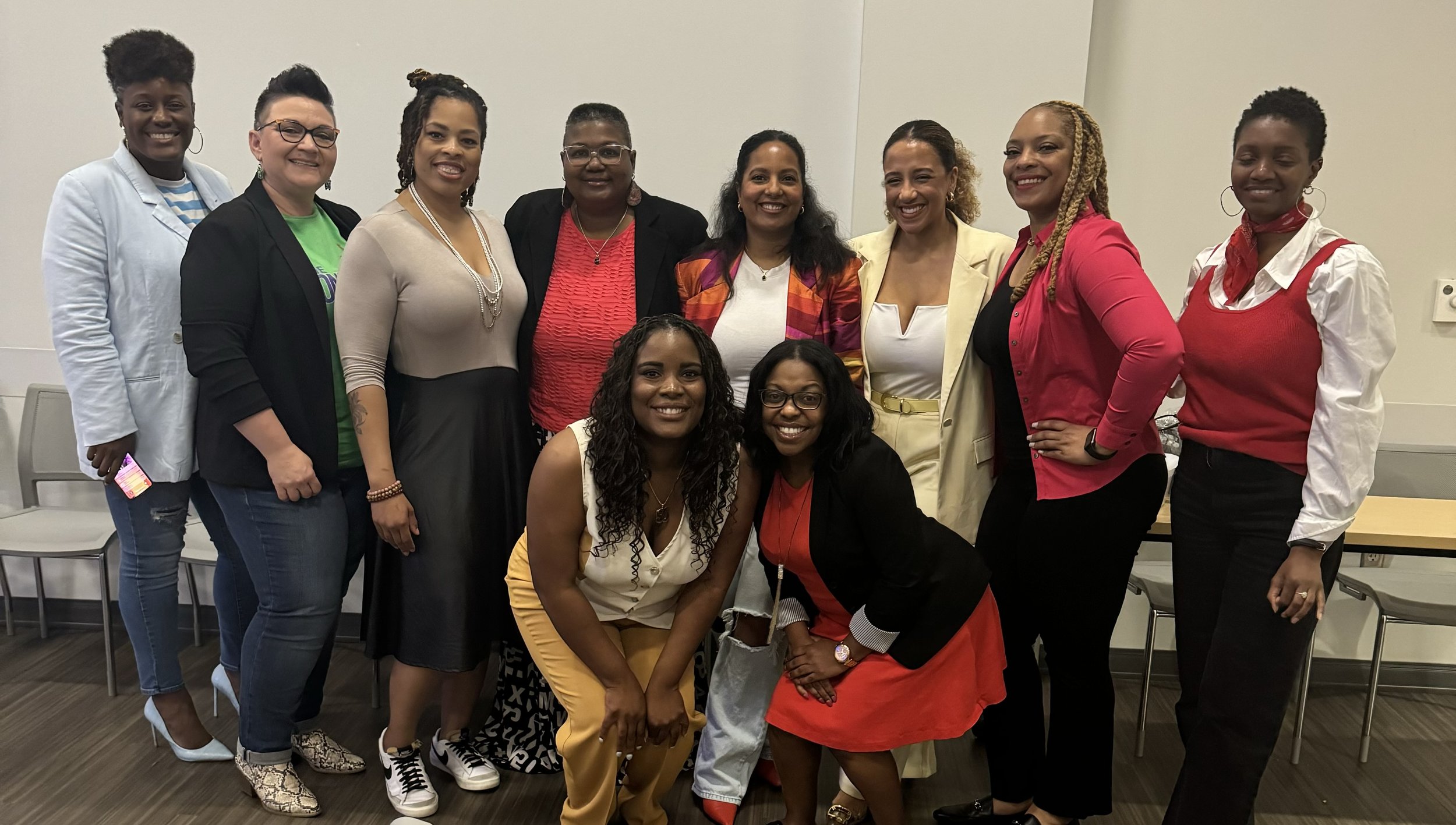

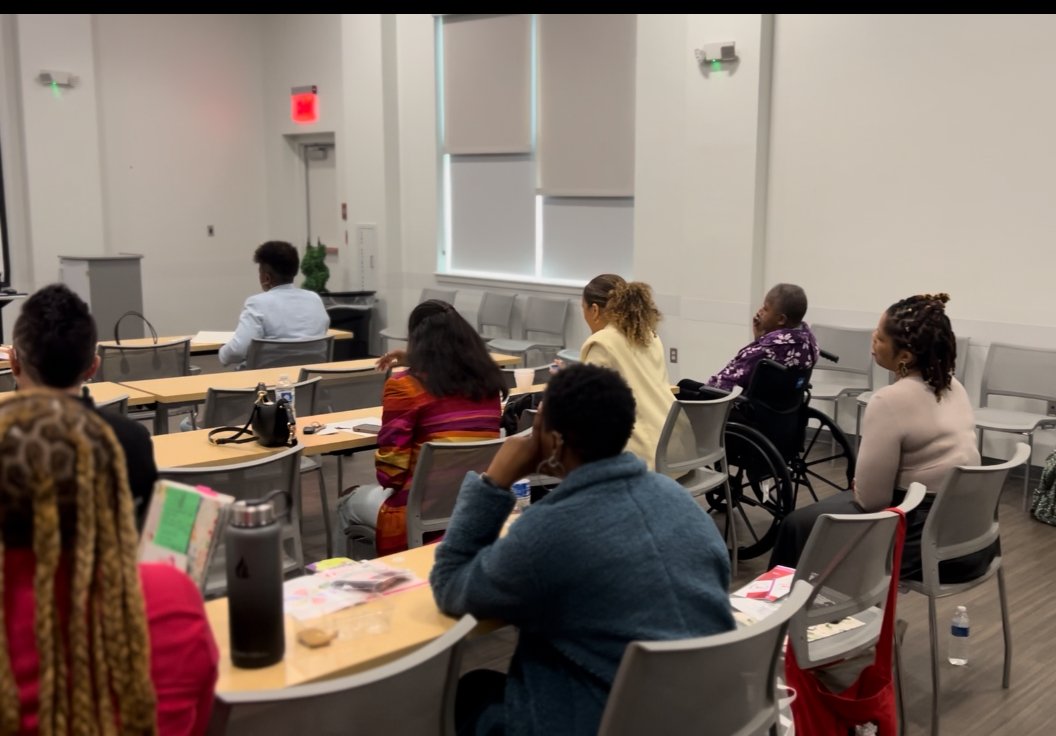
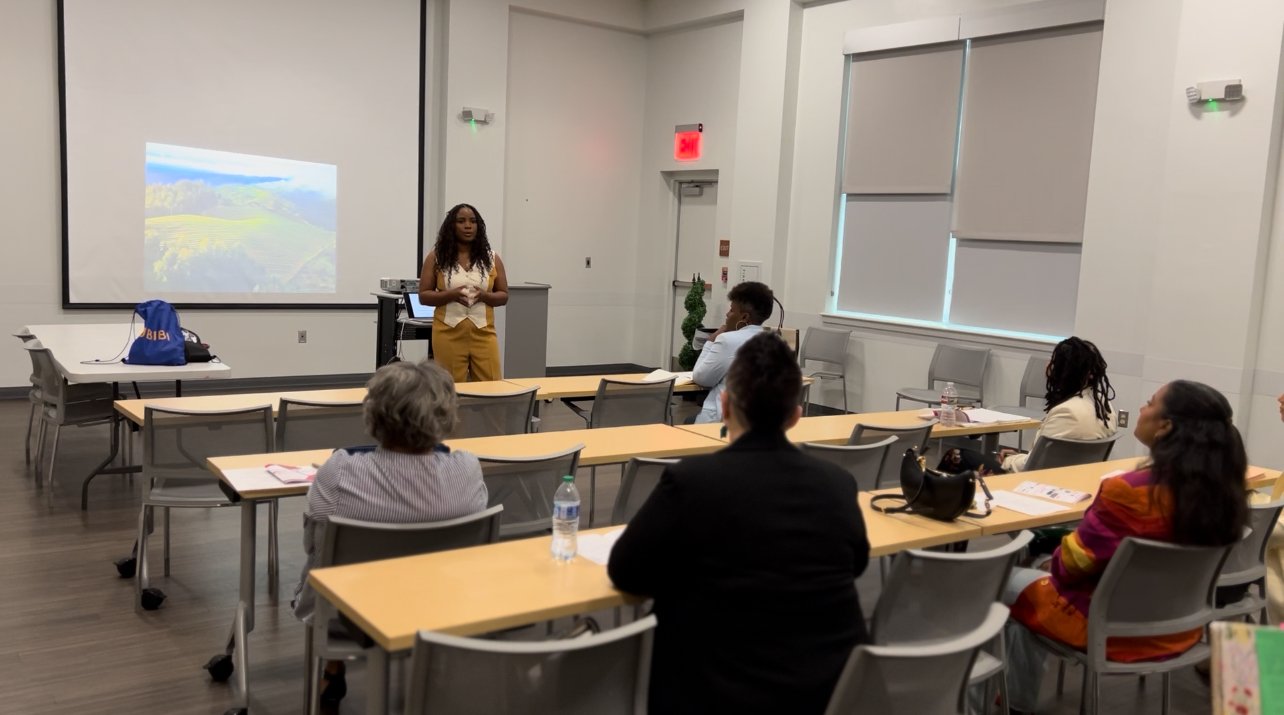
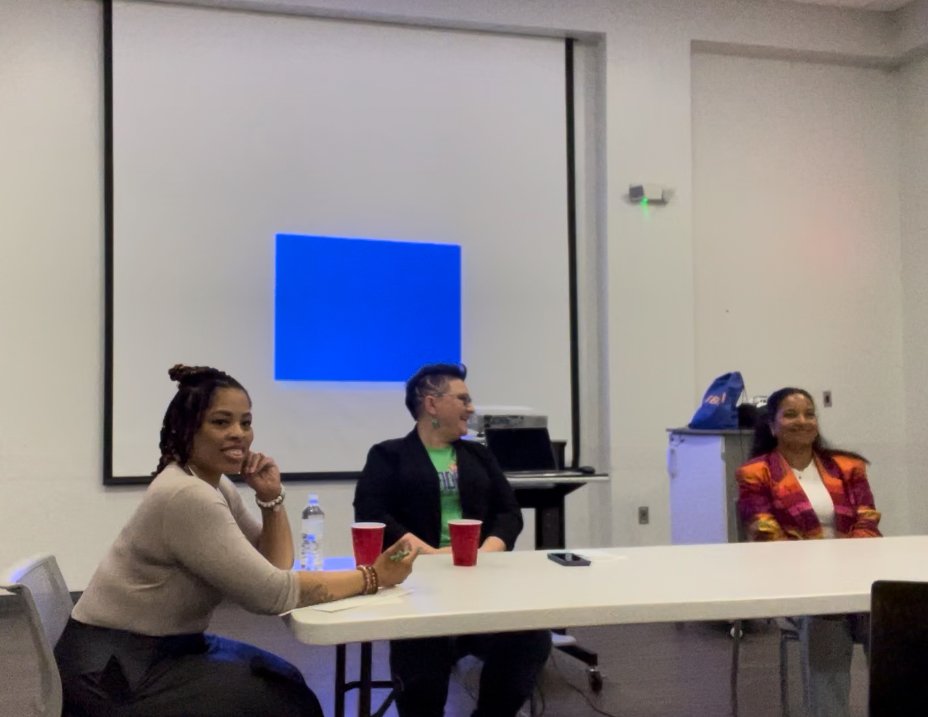
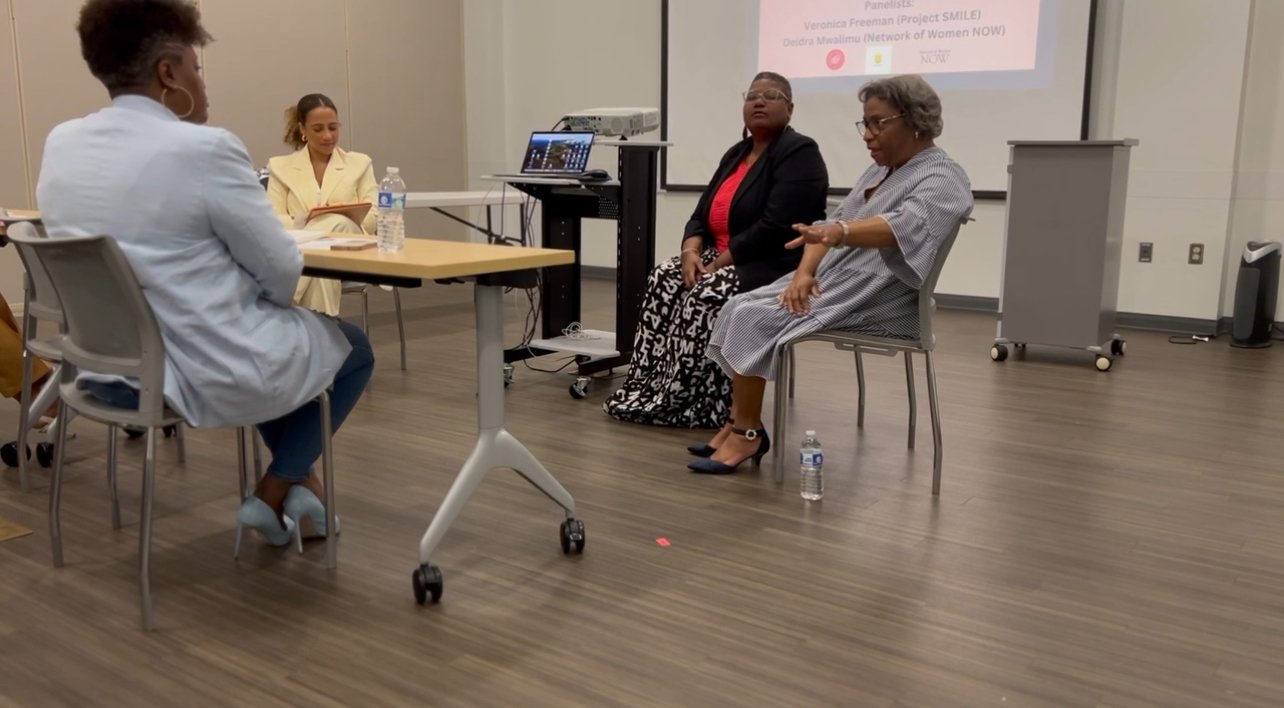
The Louisiana Menstrual Equity Project recognizes that period poverty is a significant barrier to education and overall well-being for high school girls.
The Louisiana Menstrual Equity Project is a transformative initiative dedicated to increasing access to menstrual products, knowledge, and resources for high school girls across the state. Recognizing the challenges faced by young girls in managing their periods, the project aims to eradicate period poverty and ensure that no student is left without the essential menstrual products they need.
At its core, the project strives to create a supportive environment where menstruating girls can maintain their dignity and focus on their education without worrying about access to menstrual supplies. By providing affordable and safe menstrual product solutions, the project aims to remove financial barriers and ensure that every girl can manage her period with ease.
But the project's impact goes beyond just providing products. It also emphasizes the importance of education on menstrual hygiene awareness and well-being. Through targeted research, girls are empowered with knowledge about their bodies, menstrual health, and best practices for hygiene. By breaking the silence and stigma surrounding menstruation, the project aims to equip young girls with the information they need to navigate this natural process confidently and without shame.
The goals of the Louisiana Menstrual Equity Project:
1. Access to Menstrual Products: The Louisiana Menstrual Equity Project focuses on increasing access to affordable and safe menstrual products for high school girls.
2. Education on Menstrual Hygiene: The project emphasizes suggestions on menstrual hygiene education awareness to empower girls with knowledge about their bodies and menstrual health.
3. Ending Period Poverty: The project's aim to offer sustainable solutions to girls in public schools to end period poverty.
4. Dignity and Empowerment: By addressing period poverty and providing access to menstrual products and education, the project promotes the dignity and empowerment of high school girls.
5. Partnerships and Collaboration: The project's collaboration with local schools, NGOs, community organizations, and stakeholders highlights the importance of partnerships.
Collaboration and community engagement are key components of the Louisiana Menstrual Equity Project. The project works hand in hand with local schools, NGOs, and community organizations to build a network of support and implement sustainable solutions. Committee members, consisting of passionate advocates and experts, drive change from within, ensuring that policies are developed and implemented to address the specific needs of high school girls in Louisiana.
The Louisiana Menstrual Equity Project is not just about addressing period poverty; it is about ending the cycle of shame, secrecy, and inequality that surrounds menstruation. By ensuring access to affordable and safe menstrual products, educating young girls about their bodies, and fostering community engagement, this project is leading the way in creating a future where all school-aged girls in Louisiana can manage their periods with dignity and without barriers.
The collaborative efforts between EBRPSS and Network of Women NOW in the End Period Poverty Campaign 2023 made a resounding impact. Donations poured in, supporting 1200 girls and 325 boys in EBRPSS with menstrual and masculine hygiene products.
This joint initiative aimed beyond donations, striving to break taboos and raise awareness. Workshops and sessions dismantled stigmas surrounding period poverty.
What People Are Saying
“School principal, nurses, and teachers are paying for menstrual hygiene out-of-pocket for students who have accidents at school.”
— P.F. (EBR)
“Menstruating students do not understanding their monthly cycle or how to track their periods. Students do not bring provisions (sanitary pads or a change of clothes) to school to prevent accidents.”
— M. S. (EBR Counselor)
“Reproductive awareness classes are not taught as a requirement. Male and female students are unaware of the natural process of how their body are suppose to function during adolescence.”
— E. H. (Principal)
Frequently Asked Questions (FAQs)
1. Q. Will providing free menstrual products in schools encourage dependency and irresponsible behavior?
A: No, providing free menstrual products in schools does not promote dependency or irresponsible behavior. It simply ensures that girls have access to a basic necessity to manage their periods. Menstruation is a natural bodily process, and access to menstrual products is a matter of dignity and health. By removing financial barriers, we empower girls to focus on their education without the added stress of inadequate menstrual supplies.
2. Q: Is menstrual hygiene education necessary? Don't girls already know about their periods?
A: Menstrual hygiene education is crucial. While girls may have some basic knowledge about periods, comprehensive education provides them with accurate information on menstrual health, hygiene practices, and understanding their bodies. It helps dispel myths, reduces stigma, and ensures girls can make informed choices about their menstrual care. It is a vital component of promoting overall well-being and empowering girls to manage their periods with confidence.
3. Q: Isn't menstrual equity a personal issue? Why should it be addressed at a systemic level?
A: Menstrual equity goes beyond personal experiences and is an issue of social justice. Lack of access to menstrual products affects individuals' ability to fully participate in education, work, and public life. Addressing menstrual equity at a systemic level ensures that everyone, regardless of their socio-economic background, has equal opportunities to manage their periods with dignity. It promotes inclusivity, removes barriers, and helps build a more equitable society.
4. Q: How can we afford to provide free menstrual products in schools?
A: The cost of providing free menstrual products in schools is an investment in the well-being and educational success of students. Many initiatives have found creative and cost-effective ways to implement these programs. Partnerships with local businesses, community organizations, and government funding can help cover the expenses. Additionally, the long-term benefits, such as improved attendance, academic performance, and reduced stigma, outweigh the initial investment.
5. Q: Are there any cultural or religious considerations regarding menstrual equity?
A: Yes, menstrual equity initiatives respect and consider cultural and religious diversity. Efforts are made to ensure that the provision of menstrual products and education is sensitive to different cultural and religious practices. Menstruation is a natural process experienced by individuals from various backgrounds, and the aim is to create inclusive solutions that accommodate diverse beliefs and practices.
6. Q: How can I get involved and support the Louisiana Menstrual Equity Project?
A: You can support the project by donating funds or menstrual and feminine hygiene products to the Network of Women NOW. Your contribution will directly benefit high school girls in Louisiana, helping to increase their access to menstrual products, education, and resources. Additionally, you can spread awareness about menstrual equity, engage in conversations, and advocate for policy changes that promote menstrual equity in your community.
